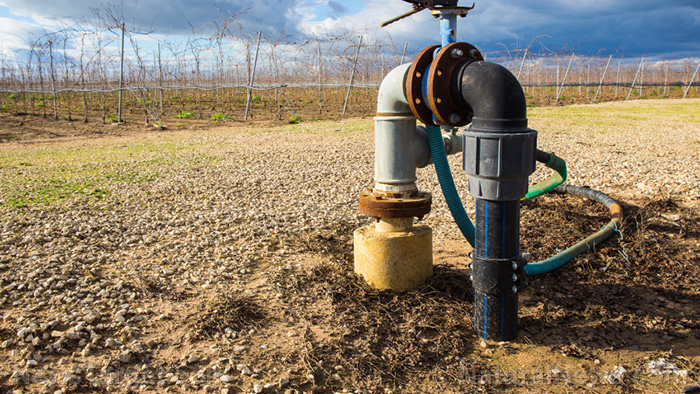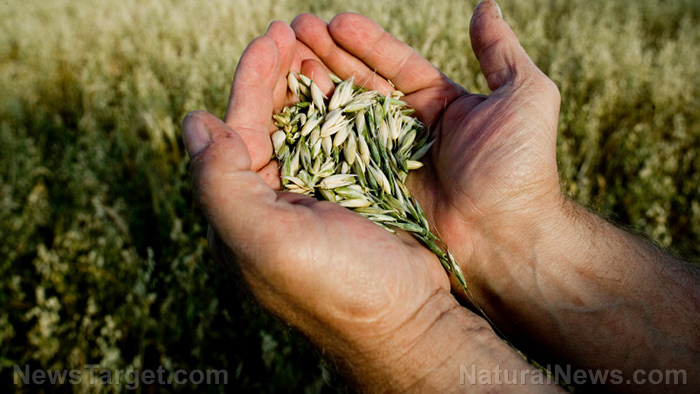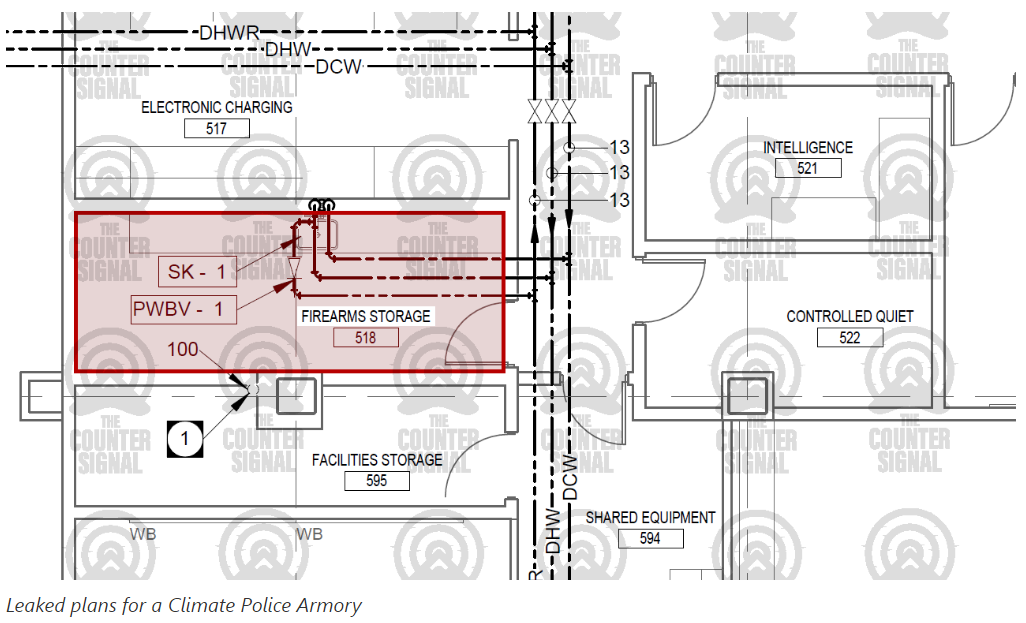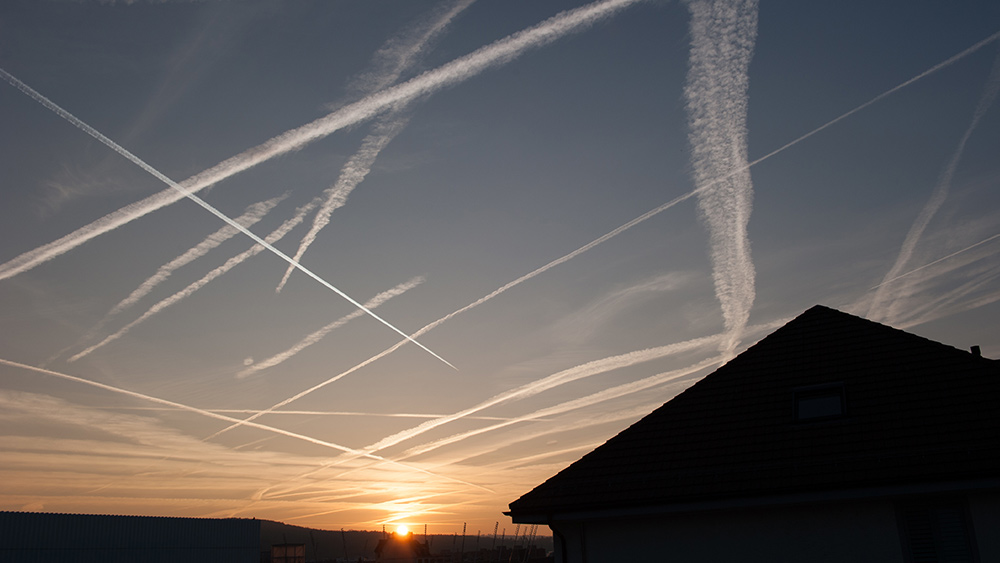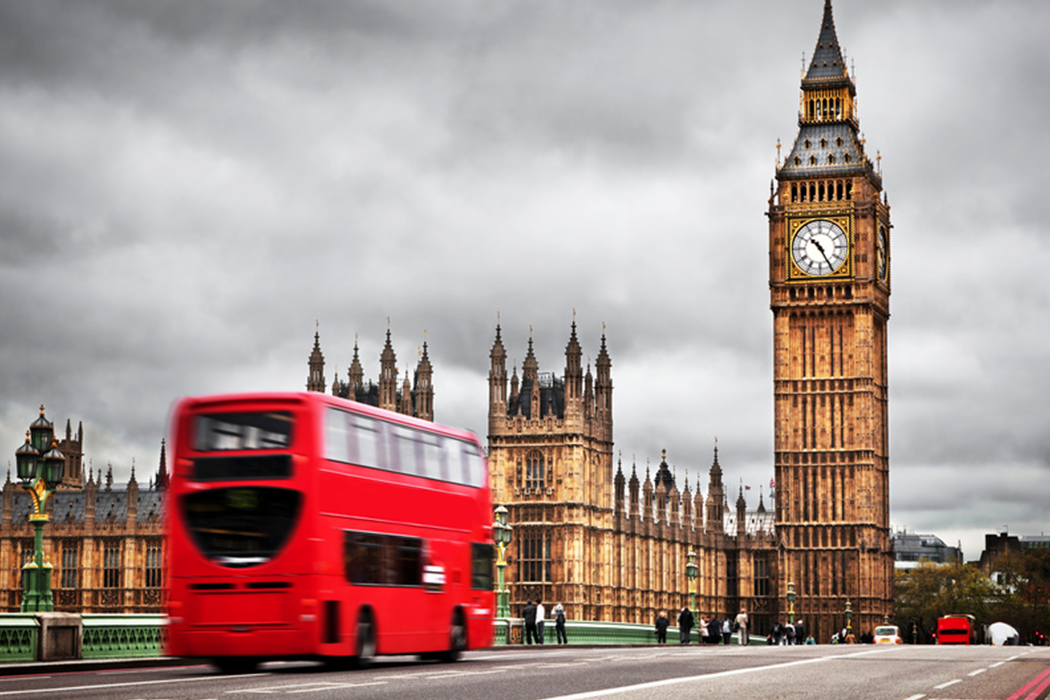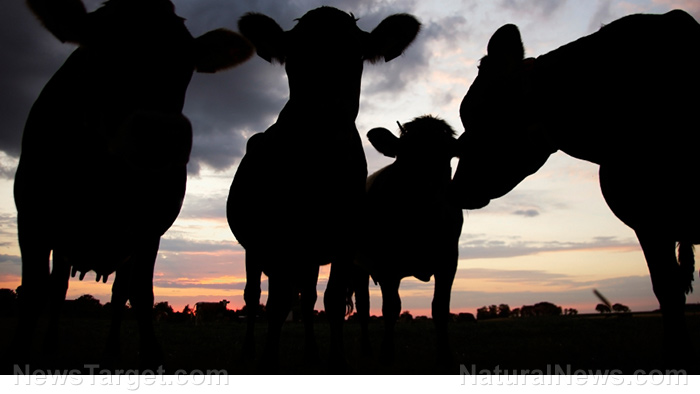New Jersey government asks residents to conserve water as heatwave threatens the state’s water supply
07/29/2022 / By Arsenio Toledo
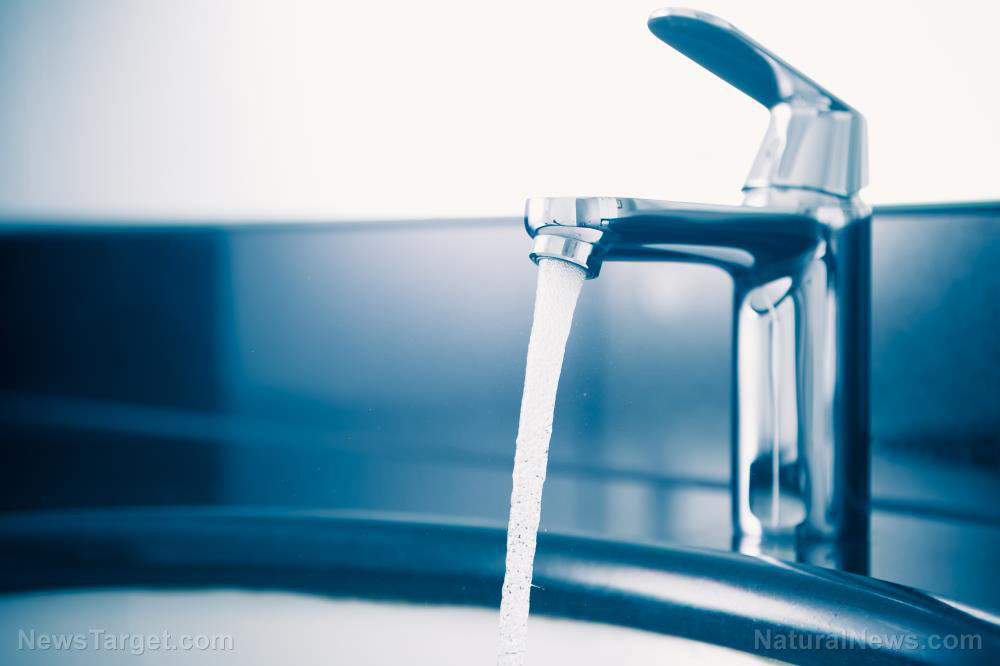
New Jersey Gov. Phil Murphy and his administration have asked residents and businesses in the state to conserve water amid a persistent heatwave that kept metro area temperatures over 100 degrees Fahrenheit for days.
“Now is the time for New Jersey to be especially mindful of water usage and proactively moderate our consumption,” said Commissioner of Environmental Protection Shawn M. LaTourette.
“Although our reservoirs and other indicators are healthy, persistent hot and dry weather coupled with the high water demands of summer can quickly impact water supply. Simpler steps, like reducing lawn and landscape watering, go a long way in preserving our water supplies and avoiding the necessity of significant restrictive measures.” (Related: Glen Canyon Dam close to shutting down as Lake Powell water levels continue to drop.)
Murphy’s administration said the state is currently able to meet water demands, and its water systems are capable of handling periods of low precipitation. Reservoir levels are still sitting at around long-term averages for the summer and groundwater supplies are still normal, although groundwater in the central and southern parts of the state are getting a bit drier.
But the persistently hot and dry conditions could affect water supplies. That’s why state officials made the request for residents and businesses to “take proactive steps to help moderate their use of water to help ensure ample supplies throughout the summer,” according to the New Jersey Department of Environmental Protection.

The administration emphasized that this call for voluntary reduction of water consumption is not out of the ordinary, as local conditions can vary and individual water systems and municipalities in the state periodically request that consumers reduce water use.
Heatwave could cause widespread drought in New Jersey
According to the National Drought Mitigation Center (NDMC), only seven of the state’s 21 counties are mostly fine and are not experiencing a heatwave. Much of the state has been marked as having “abnormally dry” conditions.
Six counties – most of Hunterdon, Somerset, Middlesex and Union Counties and parts of Hudson, Essex and Morris Counties in north-central New Jersey – have been marked as having “moderate drought” status, which is one level away from “severe drought” status.
An area with “abnormally dry” conditions is at elevated risk of fire danger and will likely experience stunted or delayed crop growth. Lawns in the area will also go brown and gardens will wilt early. Furthermore, surface-water levels will be noticeably reduced.
In counties with “moderate drought” conditions, the NDMC warned that they could begin experiencing other more severe impacts, including hay and grain yields and honey production significantly decreasing; increased instances of wildfires and ground fires; more stress on trees, landscape and fish; and increase in irrigation use that could diminish water supplies even more.
Heavy rain and milder temperatures recently broke up New Jersey’s streak of excessive heat, but the state may enter another long period of high temperatures in August. Current forecasts suggest that, for the first and second weeks of August, temperature highs could be in the mid-90 F.
Learn more about drought conditions in America at WaterWars.news.
Watch this video as financial expert Chuck Barone talks about how Las Vegas is running out of water.
This video is from the What Is Happening channel on Brighteon.com.
More related stories:
Lake Mead approaching dead pool status as Western lakes’ water levels hit historic lows.
Federal government to make major cuts in water deliveries to Western states.
California ordering new water restrictions amid worst drought in state’s recorded history.
Sources include:
Submit a correction >>
Tagged Under:
conservation, Drought, environment, heatwave, New Jersey, Phil Murphy, rationing, water, water conservation, water consumption, water rationing, water restrictions, Water Wars, weather
This article may contain statements that reflect the opinion of the author

